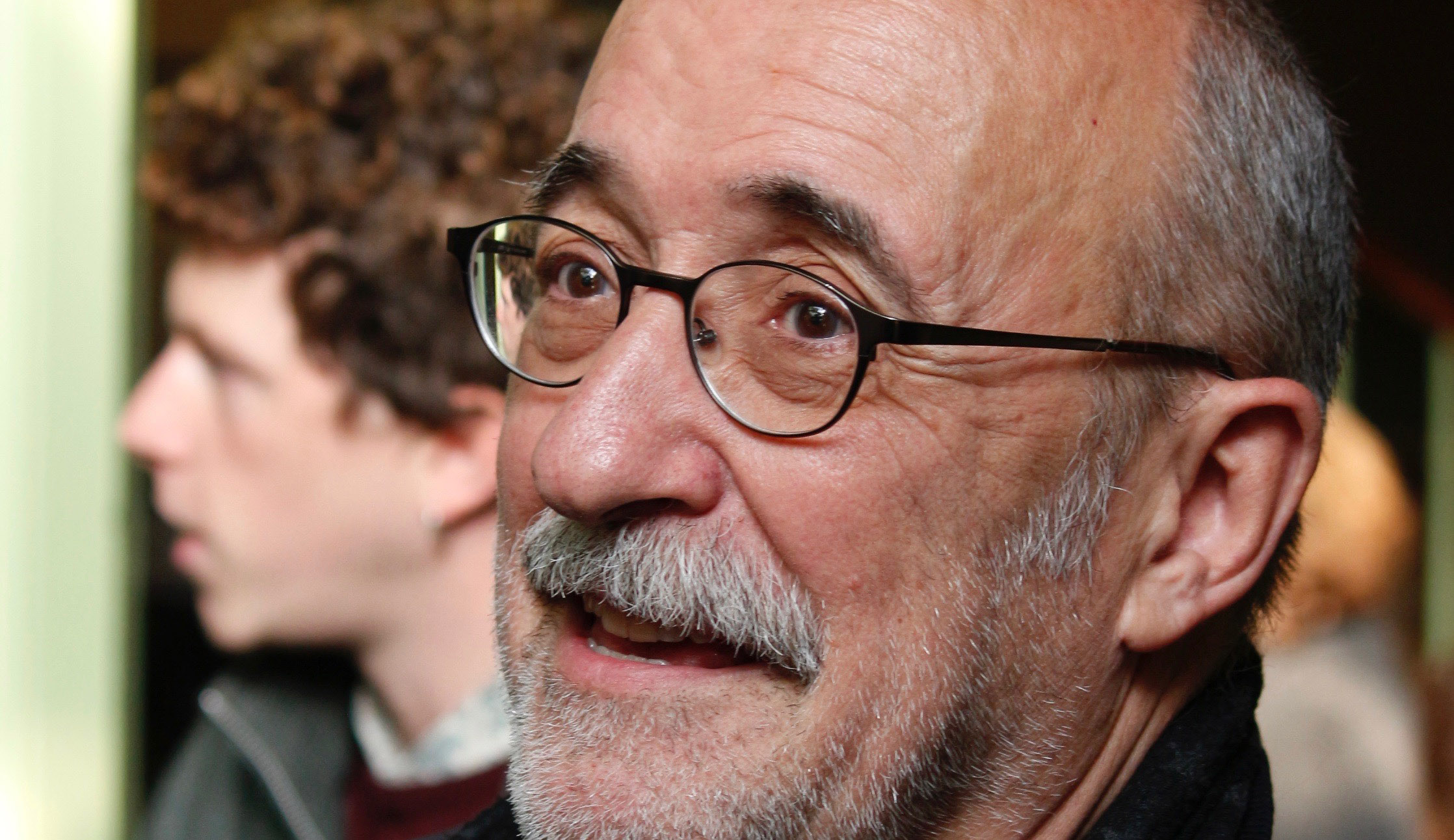Ex-Cannes Critics’ Week Head, Industry Activist Jose Maria Riba Dead at 68
By John Hopewell
LOS ANGELES (Variety.com) – Indefatigable art film activist José María Riba, a former head of Cannes Critics’ Week, driving force behind San Sebastian’s Films in Progress and co-founder of Espagnolas en Paris, died on May 2 from cancer, exacerbated by the effects of COVID-19. He was 68.
With his death, Spain and Latin America loses one of the founding fathers of an international Spanish-language arthouse sector which flowered from the turn of the century, an unflagging, perpetually smiling, convivial advisor to a new generation of Spanish-language talent which changed the face of Latin American and Spanish cinema and made of their films one of the best things that these territories had to offer.
Born in Barcelona, Riba relocated to Paris where he spent the rest of his professional life. The move was his making. Working as a journalist for Liberation and, from 1982 to 2017, France Press, Riba brought to the Spanish-language cinema a conviction – unquestioned in Paris, the world capital of arthouse cinema – of the festival, market and audience potential for Spanish-language films – something that for many was near afterthought in the 1980s and 1990s.
A film writer with a encyclopedic knowledge of cinema, Riba rose to the august role of head of Cannes Critics’ Week over 2000-01, programming “Amores Perros,” the feature debut of Alejandro González Iñarritu and Guillermo Arriaga, starring a young Gael García Bernal. It went on to win the Critics’ Week Grand Prix, snag a Lionsgate distribution deal and launch the international career of its director, screenwriter and star.
Riba spent his life seeking to create bridges between Spain and Latin America and France, an engine of the arthouse economy where distributors sometimes nursed Spanish-language movies to better results at cinema theaters than in their Hispanic countries of origin.
That drive cut various ways. A member of San Sebastian Festival from a tender age in 1980, as a new Latin American cinema took off from the turn of the century, thanks to renewed state backing, so did Riba.
In 2002, linking to the Toulouse Latin America Film Festival in France, he launched San Sebastian’s Films in Progress, whose first edition captured the early energy of the just-launching New Argentine Cinema, including, for example, Ana Katz’s debut “El juego de la silla.”
In 2005, Riba launched Espagnolas en Paris, which went on to organize the Paris Spanish film festival, Diferente! and, from 2008, Small is Biutiful, a Spain-France Spanish project forum.
The event – plus Rendezvous a l’Opera, a Spanish sales agent meeting a week or so before – helped open the doors to Spanish cinema in France. It also said much about José Maria Riba. To make it successful, he called on some of the biggest playmakers in France: the Cannes Film Market, the Ile-de-France Film Commission, Bruno Deloye at Canal Plus’ Cine Plus, and dozens of French producers, sales agents and distributors from the cream of its arthouse cinema.
The cinema Riba chose to present at Small is Biutiful, however, was often the most difficult to place on the market, first feature titles from near unknown auteurs, micro-budget art-films. Yet projects first showcased there went on to win San Sebastian’s Golden Shell – Carlos Vermut’s “Magical Girl” – and Cannes Critics’ Week: Oliver Laxe’s “Mimosas.”
To break the ice between Spanish directors, producers and screenwriters and what could seem an intimidating French industry, Riba – who would have been a bon vivant had he not worked so hard – set the lunch at a hospitable restaurant, for years Le Patio Opéra, just back from Le Place d’Opera.
The meeting established a project forum model which could have been replicated in other countries abroad, but then other countries didn’t have a José María Riba.
Over 2016-19, Riba took up the reins of France’s Lumières Awards, breathing a breath of fresh air into the institution, the Lumières Academy recognized on Sunday. He also co-programmed works in progress sections at Mexico’s Morelia Festival and Argentina’s Ventana Sur – another instance of a decades-long programming collaboration with the Cannes Festival.
“What sadness – José María Riba’s passing,” Gael García Bernal tweeted on Saturday. “He’s one of these people whom you looked to for approval after every film. And to laugh really quite a lot, independent of whether things had turned out well or not.”
That could be said by several hundred filmmakers. Yet Riba never made an issue of his huge range of contacts, whom he often gave crucial help to at the beginning of their careers, nor his vast knowledge of cinema.
“Spanish cinema owes you a lot, especially its small, intimate and personal cinema,” Spanish filmmaker Manuel Martin Cuenca wrote on Friday in Spain’s Academia magazine. “You knew so much about cinema, like few people I’ve ever met in my life, but you never boasted about it. You just smiled and tried to help us.”
Having meticulously curated an industry prize showcase, he would step back and let others have the limelight. There is not one photo of him in Shutterstock.
José María Riba is survived by partner Eva Roelens and daughters Luna and Saioa Riba, who has followed in her father’s footsteps co-heading the industry department at the San Sebastian Film Festival.

